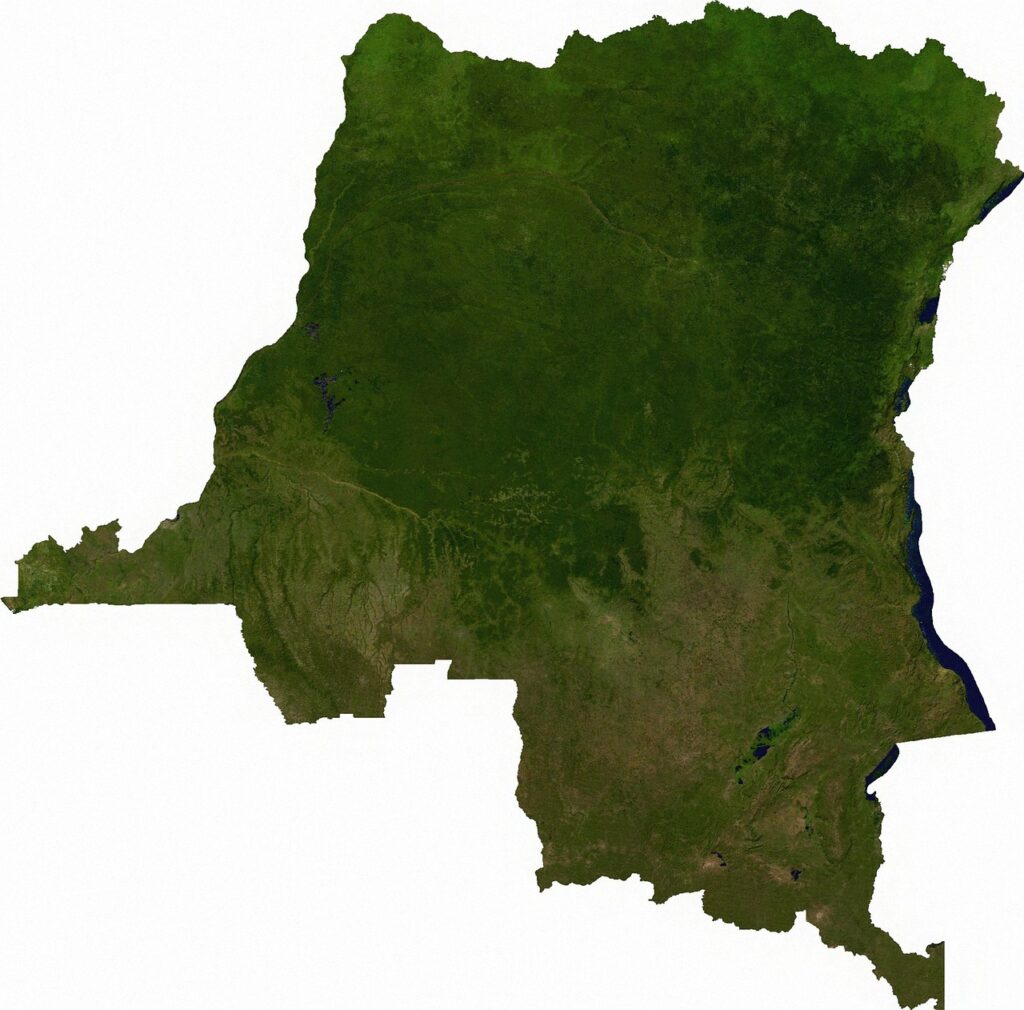Navigating the Regulatory Environment in the Democratic Republic of Congo: Challenges and Opportunities
The Democratic Republic of Congo (DRC) is a vast and complex country with a unique set of challenges and opportunities for businesses. Navigating the regulatory environment in the DRC can be a daunting task for companies looking to do business in the country. This article will provide an overview of the regulatory environment in the DRC, highlighting the challenges and opportunities that businesses may encounter.
The DRC is a developing country with a complex legal and regulatory framework. The country’s legal system is based on a combination of French civil law and customary law. The DRC’s regulatory environment is characterized by a lack of transparency and a lack of enforcement of existing laws and regulations. This can make it difficult for businesses to understand the legal requirements and to comply with them.
The DRC’s regulatory environment is also characterized by a lack of consistency. Different government agencies have different regulations and requirements, making it difficult for businesses to understand and comply with all of them. Additionally, the DRC’s regulatory environment is subject to frequent changes, making it difficult for businesses to keep up with the latest developments.
Despite these challenges, there are also opportunities for businesses in the DRC. The country has a large and growing population, which provides a potential market for businesses. Additionally, the DRC has a wealth of natural resources, which can be tapped into by businesses. Finally, the DRC has a number of free trade agreements with other countries, which can provide businesses with access to new markets.
In conclusion, navigating the regulatory environment in the DRC can be a challenging task for businesses. However, there are also opportunities for businesses in the DRC, including access to a large and growing population, natural resources, and free trade agreements. Companies looking to do business in the DRC should be aware of the challenges and opportunities that they may encounter and should take steps to ensure that they are in compliance with all applicable laws and regulations.
Overcoming Infrastructure Challenges to Doing Business in the DRC
The Democratic Republic of the Congo (DRC) is a vast and resource-rich country with immense potential for economic growth. However, the country faces significant infrastructure challenges that impede the ability of businesses to operate effectively. These challenges include inadequate roads, unreliable electricity, and limited access to telecommunications.
Roads are a major challenge for businesses in the DRC. The country has a total of only about 40,000 kilometers of paved roads, which is far less than the average for sub-Saharan Africa. This lack of infrastructure makes it difficult for businesses to transport goods and services to customers. In addition, the roads are often in poor condition, making them dangerous and unreliable.
Electricity is another major challenge for businesses in the DRC. The country has an unreliable power grid, and many businesses rely on diesel generators for their electricity needs. This is expensive and inefficient, and it limits the ability of businesses to operate at full capacity.
Finally, access to telecommunications is limited in the DRC. The country has one of the lowest rates of internet access in the world, and mobile phone coverage is limited. This makes it difficult for businesses to communicate with customers and suppliers, and it limits the ability of businesses to take advantage of digital technologies.
To overcome these infrastructure challenges, the DRC government has taken steps to improve the country’s infrastructure. The government has invested in road construction and maintenance, and it has also invested in the expansion of the electricity grid. In addition, the government has taken steps to improve access to telecommunications, including the expansion of mobile phone coverage and the development of a national broadband network.
These efforts are beginning to bear fruit, and businesses in the DRC are starting to benefit from improved infrastructure. However, there is still much work to be done to ensure that businesses in the DRC can operate effectively and take advantage of the country’s economic potential.
Understanding the Political and Economic Landscape of the DRC: Challenges and Opportunities for Businesses
The Democratic Republic of the Congo (DRC) is a vast and complex country with a long history of political and economic instability. Despite its vast natural resources, the DRC has struggled to develop its economy and provide basic services to its citizens. This has created a challenging environment for businesses operating in the country, as well as a number of opportunities.
Politically, the DRC has been plagued by decades of civil war and unrest. The country has experienced a number of coups and military interventions since its independence in 1960, and the current government is still struggling to establish a stable and effective system of governance. This has led to a lack of trust in the government and a lack of confidence in the rule of law. This has created a difficult environment for businesses, as they are often subject to arbitrary regulations and unpredictable policies.
Economically, the DRC is one of the poorest countries in the world. The country has a large informal economy, and the majority of the population lives in poverty. The country’s infrastructure is inadequate and its public services are limited. This has created a difficult environment for businesses, as they often lack access to reliable electricity, transportation, and communication networks.
Despite these challenges, the DRC also offers a number of opportunities for businesses. The country has a large and growing population, and its natural resources are vast. The government has also taken steps to improve the business environment, such as introducing a new investment code and creating a one-stop shop for investors. These measures have made it easier for businesses to operate in the country, and have created a more attractive environment for foreign investment.
In conclusion, the DRC presents both challenges and opportunities for businesses. The political and economic landscape of the country is complex and unstable, but there are a number of measures that the government has taken to improve the business environment. For businesses looking to invest in the DRC, it is important to understand the risks and opportunities associated with operating in the country.


